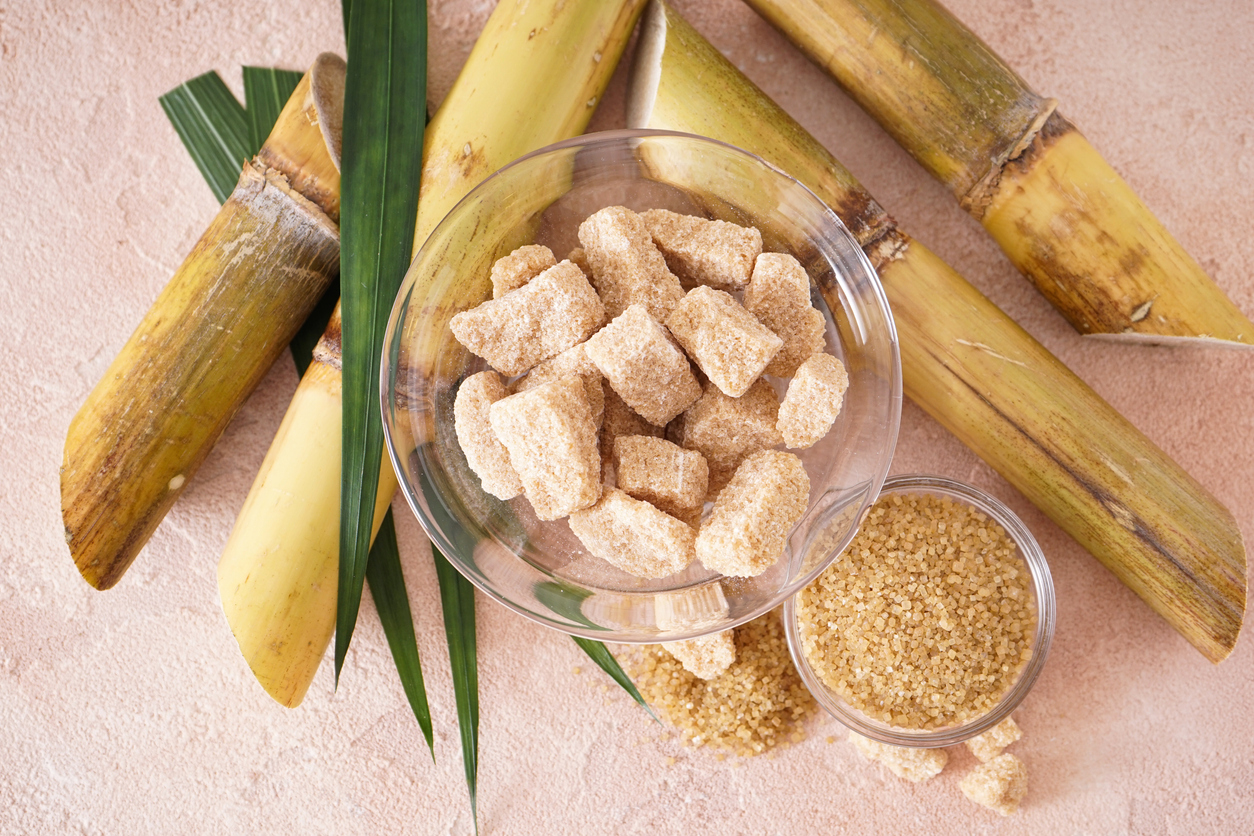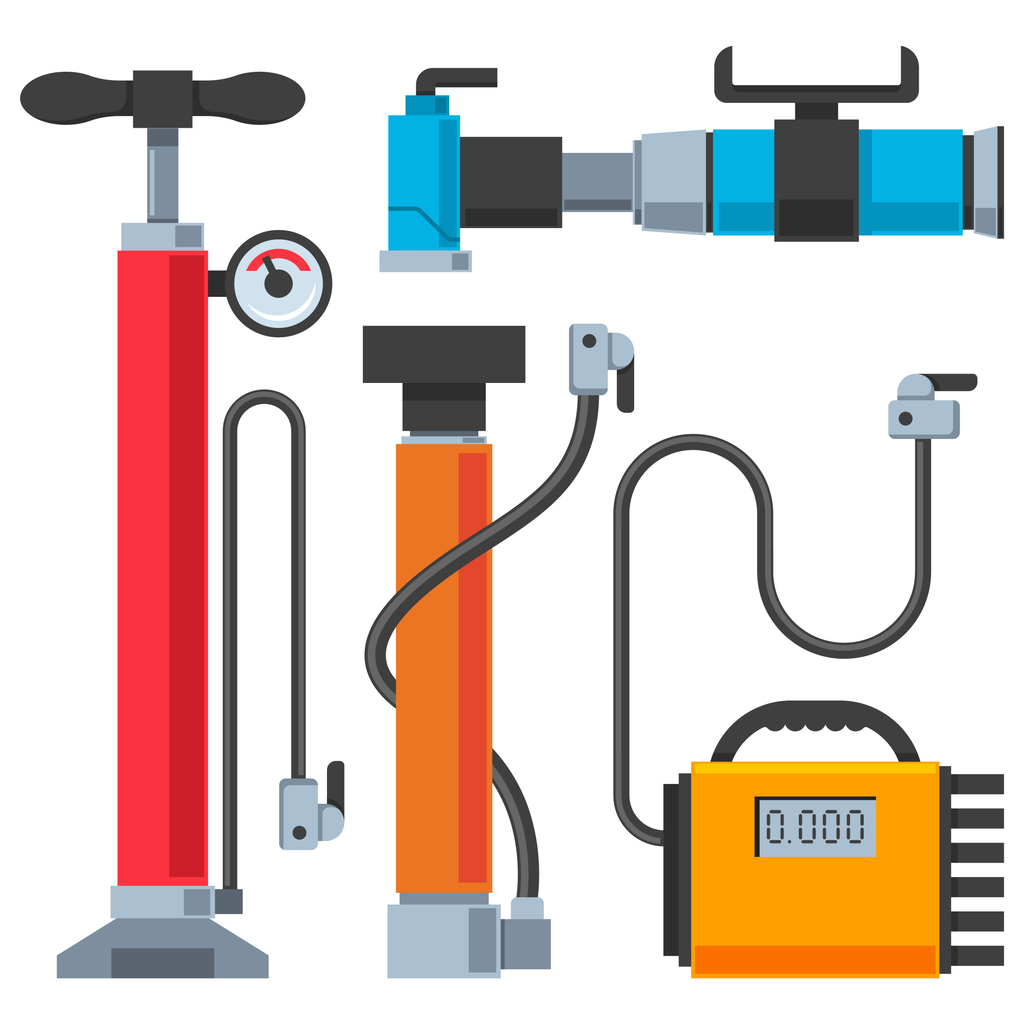From Farm to Table: The Journey of Sugar Cane Growing in Nigeria with Wigmore Trading
From Farm to Table: The Journey of Sugar Cane Growing in Nigeria with Wigmore Trading
Step into the vibrant world of Nigerian agriculture as we embark on a fascinating journey from farm to table, exploring the intricate process of sugar cane growing. Join us as we partner with Wigmore Trading, a prominent player in Nigeria’s agricultural industry, to delve deep into the rich soil where this sweet crop takes root. From humble beginnings on local farms to its transformation into a vital ingredient gracing our tables, discover how sugar cane cultivation is not only shaping Nigeria’s economy but also bringing sustainable change to rural communities. Get ready for an eye-opening adventure that will leave you craving for more!
Introduction to Sugar Cane and its Importance in Nigeria
Sugar cane, also known as Saccharum officinarum, is a tall perennial grass that belongs to the Poaceae family. It is native to tropical regions and has been cultivated for thousands of years for its sweet sap. In Nigeria, sugar cane has an important role in both the agricultural industry and everyday life.
Nigeria is one of the top producers of sugar cane in Africa, with an estimated annual production of over 1.6 million tonnes. The cultivation of sugar cane dates back to the 16th century when it was introduced by Portuguese traders. Since then, it has become a vital crop for Nigerian farmers and a major contributor to the country’s economy.
One of the primary reasons for sugar cane’s importance in Nigeria is its versatility. The plant can be used in various ways, making it a valuable commodity for both small-scale farmers and large agribusinesses. Sugar cane can be processed into raw or refined sugar, molasses, ethanol, biofuels, and animal feed. The by-products from processing are also used to produce paper products, cardboard boxes, and fertilizers.
The demand for sugar in Nigeria continues to increase due to population growth and urbanization. As more people move into cities seeking job opportunities and better living conditions, there is a higher demand for processed foods and beverages containing added sugars such as soft drinks and confectionery products. This trend has created an opportunity for local farmers to meet this demand by growing more sugar cane.
The Journey of Sugar Cane Growing: From Farm to Table
Sugar cane, also known as Saccharum officinarum, is a tall perennial grass that is native to warm and tropical regions such as Africa, Asia, and Latin America. It has been cultivated for thousands of years for its sweet juice, which can be eaten fresh or processed into various forms of sugar. In Nigeria, sugar cane is one of the most important cash crops and plays a significant role in the country’s economy.
The journey of sugar cane growing in Nigeria begins on small family-owned farms scattered throughout the country. These farms are typically located in rural areas where the climate and soil conditions are suitable for growing sugar cane. The farmers use traditional methods of cultivation that have been passed down from generation to generation.
The first step in the process is planting. Sugar cane requires warm temperatures and high humidity to grow well. Therefore, it is usually planted at the beginning or during the rainy season when there is enough moisture in the soil. The farmer will prepare the land by plowing and tilling it to loosen up the soil before planting.
Once the land is ready, they will cut stems from mature sugar cane plants and plant them directly into the ground or use stem cuttings called “setts.” These setts contain nodes that sprout new shoots which will eventually grow into full-grown sugar cane plants. The setts are planted horizontally about 1-2 feet apart in furrows made on top of ridges to ensure proper drainage.
– Importance of Sustainable Agriculture in Sugar Cane Production
Sustainable agriculture is a crucial aspect of sugar cane production in Nigeria. It refers to the practice of growing crops and raising livestock in a way that is environmentally friendly, socially responsible, and economically viable. This approach to farming focuses on preserving natural resources, promoting biodiversity, and ensuring the well-being of both farmers and consumers.
In the case of sugar cane production, sustainable agriculture plays a significant role in not only maintaining the quality and quantity of sugar cane but also in protecting the environment and supporting local communities. Here are some key reasons why sustainable agriculture is essential for sugar cane production in Nigeria:
1. Preservation of soil health: The soil is one of the most critical components for successful sugar cane cultivation. Sustainable agricultural practices such as crop rotation, intercropping, and use of organic fertilizers help maintain soil fertility and prevent erosion. This allows for long-term productivity without depleting or damaging the land.
2. Efficient use of water resources: Sugar cane requires a significant amount of water to grow, making it vulnerable to droughts. Sustainable farming techniques such as drip irrigation systems and mulching can help conserve water by reducing evaporation from the soil surface. This leads to higher yields with less water usage.
3. Reduction in chemical inputs: Traditional farming practices often involve heavy use of synthetic fertilizers, herbicides, and pesticides which can have harmful effects on both human health and the environment. In contrast, sustainable agriculture promotes natural methods such as composting, crop rotation, biological pest control that minimize or eliminate the need for chemical inputs.
4. Biodiversity conservation: Sugar cane is often grown in monoculture, which can lead to a decrease in biodiversity and increase vulnerability to pests and diseases. Sustainable agriculture encourages the use of diverse cropping systems, which can support a variety of beneficial insects, birds, and other organisms that help control pests and improve soil health.
5. Economic benefits for farmers: Sustainable agriculture can be more economically viable for small-scale farmers as it reduces input costs and increases yields over time. This leads to higher incomes and better livelihoods for farmers, thus supporting rural development.
6. Climate change mitigation: Sustainable agricultural practices contribute to mitigating climate change by reducing greenhouse gas emissions from fertilizers and using renewable energy sources such as solar or wind power in farming operations.
In conclusion, sustainable agriculture is crucial for the long-term viability of sugar cane production in Nigeria. By implementing sustainable practices, not only can we ensure a steady supply of high-quality sugar cane but also protect our environment and support local communities. It is essential for both farmers and consumers to recognize the importance of sustainable agriculture in sugar cane production and work towards its implementation.
– The Role of Wigmore Trading in Sugar Cane Farming
Sugar cane farming is an important aspect of agriculture in Nigeria and plays a significant role in the economy. This crop is grown extensively in the southern part of the country, with states like Ogun, Osun, Ondo, and Oyo being major producers. In recent years, there has been a surge in sugar cane production due to increasing demand for sugar and its by-products.
Amidst this growth in the industry, one company that stands out is Wigmore Trading. Established in 2013, Wigmore Trading has become a leading player in the Nigerian sugar cane farming sector. The company’s mission is to promote sustainable agricultural practices while providing farmers with access to quality inputs and modern farming techniques.
As a key player in the industry, Wigmore Trading plays various roles that contribute to the growth and success of sugar cane farming in Nigeria. These roles include:
1. Providing Quality Inputs: One of the primary roles of Wigmore Trading is to provide farmers with high-quality inputs such as seeds and fertilizers. This ensures that farmers have access to top-notch resources that will help them achieve maximum yields.
2. Offering Technical Support: In addition to providing inputs, Wigmore Trading also offers technical support to farmers through training programs and workshops. These sessions are designed to equip farmers with knowledge on modern farming methods, pest control measures, irrigation techniques, among others.
Benefits of Sugar Cane Farming for Farmers and the Economy
Sugar cane farming has been a significant part of Nigeria’s agricultural industry for many years, providing numerous benefits for both farmers and the economy. In this section, we will explore the various advantages that sugar cane farming offers to individuals and the broader society.
1. Higher Income Potential: One of the major benefits of sugar cane farming is its high income potential for farmers. Sugar cane is a cash crop that can be harvested multiple times in a year, providing farmers with a steady stream of income throughout the growing season. Additionally, as demand for sugar continues to rise globally, there is an increasing demand for sugar cane production, leading to higher prices and profits for farmers.
2. Diversification of Crops: Sugar cane farming also offers diversification opportunities for farmers who may rely on other crops or livestock as their primary source of income. By adding sugar cane to their crop rotation plan, farmers can mitigate risks associated with relying solely on one crop and potentially increase their overall profitability.
3. Job Creation: The cultivation of sugar cane requires labor-intensive activities such as planting, harvesting, and processing. This means that it provides employment opportunities in rural areas where job options are limited. As a result, sugar cane farming contributes significantly to reducing unemployment rates and improving livelihoods in these communities.
Challenges Faced by Sugar Cane Growers in Nigeria
Sugar cane is an important crop in Nigeria, contributing significantly to the country’s economy and providing livelihoods for thousands of farmers. Despite its importance, sugar cane growers in Nigeria face several challenges that can hinder their ability to effectively produce and sell their crops. In this section, we will discuss some of the major challenges faced by sugar cane growers in Nigeria.
1. Limited Access to Quality Inputs: The first challenge faced by sugar cane growers in Nigeria is the limited access to quality inputs such as fertilizers, pesticides, and improved seed varieties. This can significantly affect the yield and quality of the crops produced. Many small-scale farmers cannot afford these inputs, while others may not have access to them due to poor infrastructure or lack of government support.
2. Climate Change: Another major challenge facing sugar cane growers in Nigeria is climate change. Erratic rainfall patterns, prolonged droughts, floods, and other extreme weather events have become more frequent in recent years, making it difficult for farmers to predict planting times and harvest yields accurately. This uncertainty leads to significant losses for farmers who rely on rain-fed cultivation.
3. Pest and Disease Infestations: Sugar cane crops are vulnerable to various pests and diseases that can cause significant damage if left uncontrolled. Insects like sugarcane borers feed on young plants’ roots and stems, leading to stunted growth or death of the plant. Diseases such as smut (a fungal infection) can also affect yields by reducing stalk length and weight.
– Climate Change and Its Impact on Sugar Cane Production
Climate change is a pressing issue that affects numerous industries, including agriculture. The sugar cane industry in Nigeria is no exception to the devastating impacts of climate change, which has significantly affected its production and overall growth. In this section, we will explore how climate change has impacted sugar cane production in Nigeria and the measures taken by farmers and businesses to mitigate these effects.
One of the most significant ways in which climate change has affected sugar cane production in Nigeria is through changing weather patterns. The country’s traditional rainy season, which typically runs from April to October, has become increasingly unpredictable due to climate change. This unpredictability results in prolonged dry spells or heavy rainfall, both of which can be detrimental to sugar cane crops.
Prolonged dry spells can lead to water stress for sugar cane crops, resulting in stunted growth and reduced yields. On the other hand, excessive rainfall can cause flooding and soil erosion, damaging plants’ roots and impacting their ability to absorb essential nutrients from the soil. These extreme weather events have led to a decline in sugar cane productivity over recent years.
Another impact of climate change on sugar cane production is the increase in temperature. Rising temperatures can accelerate plant development and reduce crop maturity periods, leading to lower-quality sugarcane with less sucrose content. Additionally, high temperatures also favor pest infestations such as whiteflies and mealybug, further reducing crop yields.








Comments are closed.